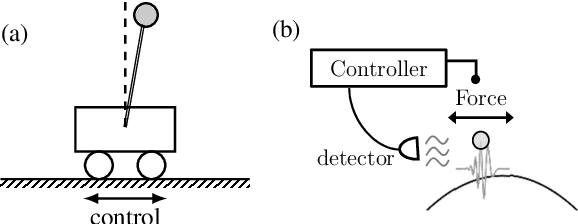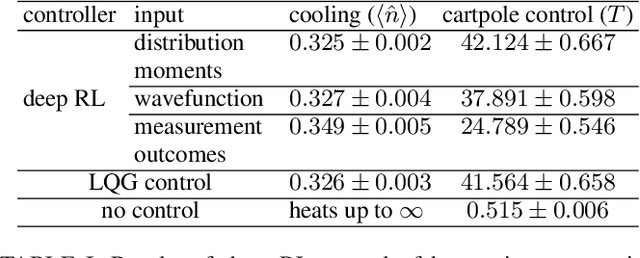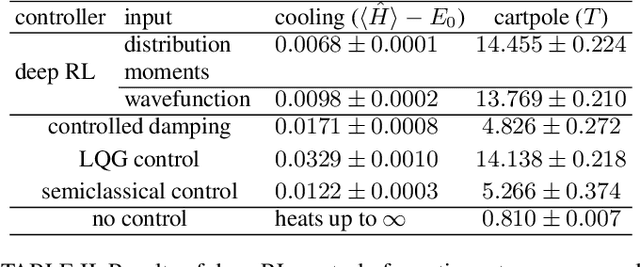Yuto Ashida
Generative diffusion model with inverse renormalization group flows
Jan 15, 2025



Abstract:Diffusion models represent a class of generative models that produce data by denoising a sample corrupted by white noise. Despite the success of diffusion models in computer vision, audio synthesis, and point cloud generation, so far they overlook inherent multiscale structures in data and have a slow generation process due to many iteration steps. In physics, the renormalization group offers a fundamental framework for linking different scales and giving an accurate coarse-grained model. Here we introduce a renormalization group-based diffusion model that leverages multiscale nature of data distributions for realizing a high-quality data generation. In the spirit of renormalization group procedures, we define a flow equation that progressively erases data information from fine-scale details to coarse-grained structures. Through reversing the renormalization group flows, our model is able to generate high-quality samples in a coarse-to-fine manner. We validate the versatility of the model through applications to protein structure prediction and image generation. Our model consistently outperforms conventional diffusion models across standard evaluation metrics, enhancing sample quality and/or accelerating sampling speed by an order of magnitude. The proposed method alleviates the need for data-dependent tuning of hyperparameters in the generative diffusion models, showing promise for systematically increasing sample efficiency based on the concept of the renormalization group.
Machine-learning-enhanced quantum sensors for accurate magnetic field imaging
Feb 01, 2022Abstract:Local detection of magnetic fields is crucial for characterizing nano- and micro-materials and has been implemented using various scanning techniques or even diamond quantum sensors. Diamond nanoparticles (nanodiamonds) offer an attractive opportunity to chieve high spatial resolution because they can easily be close to the target within a few 10 nm simply by attaching them to its surface. A physical model for such a randomly oriented nanodiamond ensemble (NDE) is available, but the complexity of actual experimental conditions still limits the accuracy of deducing magnetic fields. Here, we demonstrate magnetic field imaging with high accuracy of 1.8 $\mu$T combining NDE and machine learning without any physical models. We also discover the field direction dependence of the NDE signal, suggesting the potential application for vector magnetometry and improvement of the existing model. Our method further enriches the performance of NDE to achieve the accuracy to visualize mesoscopic current and magnetism in atomic-layer materials and to expand the applicability in arbitrarily shaped materials, including living organisms. This achievement will bridge machine learning and quantum sensing for accurate measurements.
Deep Reinforcement Learning Control of Quantum Cartpoles
Oct 24, 2019



Abstract:We generalize a standard benchmark of reinforcement learning, the classical cartpole balancing problem, to the quantum regime by stabilizing a particle in an unstable potential through measurement and feedback. We use the state-of-the-art deep reinforcement learning to stabilize the quantum cartpole and find that our deep learning approach performs comparably to or better than other strategies in standard control theory. Our approach also applies to measurement-feedback cooling of quantum oscillators, showing the applicability of deep learning to general continuous-space quantum control.
 Add to Chrome
Add to Chrome Add to Firefox
Add to Firefox Add to Edge
Add to Edge